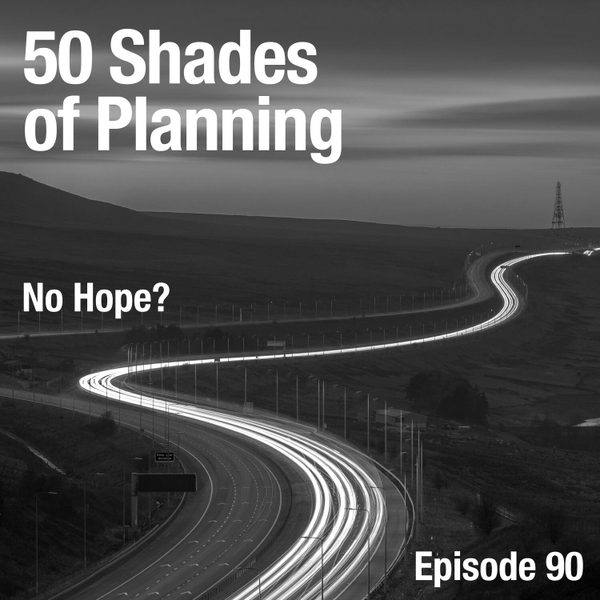
In June 2022 the Government consulted on proposals to abolish hope and development value when assessing compensation for land compulsorily purchased for certain kinds of schemes. Nine months after it closed, a response has yet to be published, but many CPO professionals made the point at the time that the proposals would be unfair and that there was no evidence that the risk of paying hope value compensation was deterring promoters from bringing forward CPOs.
On 13 March 2023, however, the Government tabled amendments to the Levelling Up and Regeneration Bill, which is currently at Committee Stage in the House of Lords. One such amendment would allow “a minister confirming a compulsory purchase order to direct, in certain cases involving affordable housing, health or education, that compensation should be assessed on the basis that no new planning permission would be granted for the land”.
It is known from last June’s consultation document that the Government view is that hope value can lead to “perverse outcomes” that “artificially inflate” compensation because the valuation assumes permission will be granted, even in cases where the likelihood of permission being granted may be relatively low.
What though about the practical impacts of this change?
Should the need for housing (and in particular affordable housing) trump the “equivalence” compensation principle? Will the risk of CPO on this basis spook the development sector such that the measures are in any event counter-productive?
This episode is a recording of friend of the podcast Simon Ricketts’ Planning Law Unplanned Clubhouse discussion on this subject that took place on 23 March 2022 during which Simon put these questions to Raj Gupta, Jonathan Stott, Greg Dickson, Rebecca Clutten, Venus Galarza and David Baker.
Some accompanying reading.
The June 2022 CPO reform consultation
The Compulsory Purchase Association's response to the 2022 reform consultation
"LURB in the Lords - No Hope" (Raj’s Blog)
Government amends Bill to allow councils to buy land for affordable housing at existing use value (£)
The LURB Amendments
https://bills.parliament.uk/bills/3155/publications
Some accompanying listening.
This Land Is Your Land by My Morning Jacket
https://www.youtube.com/watch?v=5AvTezD4XIU
In Color by My Morning Jacket
https://www.youtube.com/watch?v=P2XzUYneUcc
50 Shades T-Shirts!
If you have listened to Episode 45 of the 50 Shades of Planning Podcast you will have heard Clive Betts say that...
'In the Netherlands planning is seen as part of the solution. In the UK, too often, planning is seen as part of the problem'.
Sam said in reply that that would look good on a t-shirt and it does. Further details can be found here: http://samuelstafford.blogspot.com/2021/07/50-shades-of-planning-t-shirts.html
50 Shades of Planning
50 Shades of Planning is Sam Stafford’s attempt to explore the foibles of the English planning system and it's aim is to cover the breadth of the sector both in terms of topics of conversation and in terms of guests with different experiences and perspectives.
50 Shades episodes include 'Hitting The High Notes', which are a series of conversations with leading planning and property figures. The conversations take in the six milestone planning permissions or projects within a contributor’s career and for every project guests are invited to choose a piece of music that they were listening to at that time. Think Desert Island Discs, but for planners.
50 Shades episode also include the 'All Around the World' series, which is being led by friend of the podcast, Paul Smith.
Paul put it to Sam that debates about the planning system in England tend, for the most part, to focus solely on the planning system in England. Planners here very seldom look to other countries for inspiration and ideas. Paul wanted to remedy that and so in this series he chats with planning professionals and academics from a number of countries to find out what works well there, what works less well, and what can be learnt.
Sam is on Bluesky and Instagram, and his blogs can be found here (from where you can also sign up for his newsletter).
The 50 Shades platforms are expressions of Sam's personal opinions, which may or may not represent the opinions of his past, present or future employers.
50 Shades of Planning is by planners and for planners and so if you would like to use the podcast or the YouTube channel for sharing anything you think that the sector needs to be talking about then do please feel free to get in touch with Sam via [email protected].
Why Fifty Shades? Well, town and country planning is very much not a black and white endeavour. There are at least fifty shades in between....